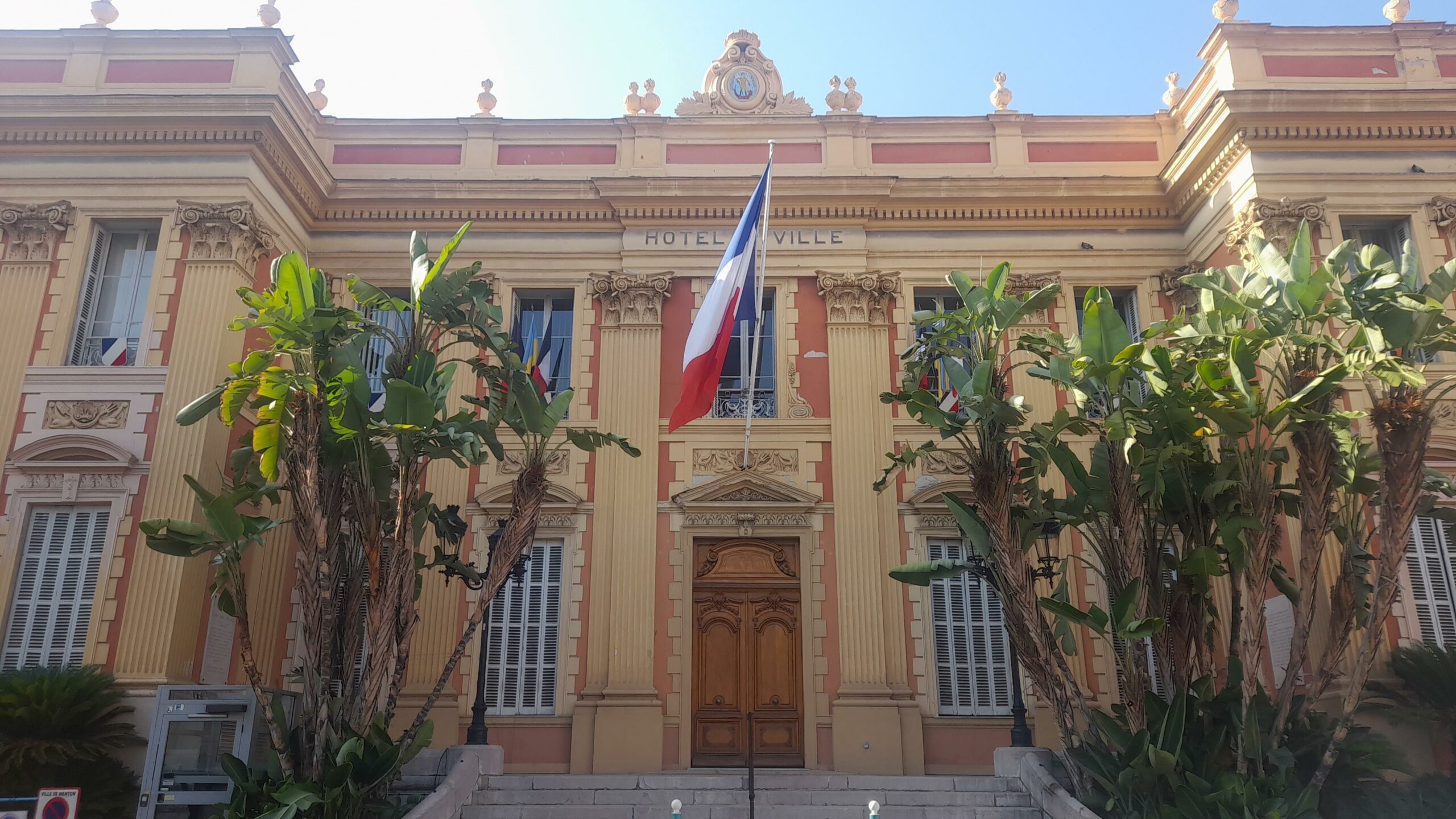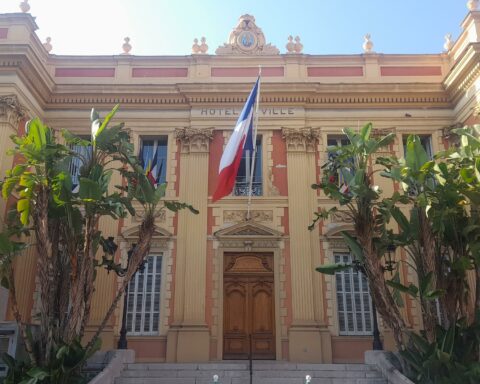Public regulation in the Netherlands spans a wide array of sectors, impacting both private enterprises and government entities. Authorities such as the Dutch Human Environment and Transport Inspectorate (ILT), the Netherlands Authority for Consumers and Markets (ACM), the Netherlands Food and Consumer Product Safety Authority (NVWA), the Dutch Gambling Authority (KSA), and the Netherlands Authority for the Financial Markets (AFM) oversee compliance with complex laws and regulations. Allegations of financial mismanagement, fraud, bribery, money laundering, corruption, or violations of international sanctions can lead to the revocation of licenses, fines, criminal proceedings, and severe reputational damage. In this context, effective legal advice requires an in-depth understanding of both the specific regulatory framework and the broad compliance and enforcement risks that may threaten the continuity of operations.
Transport Regulation
Supervision of road, rail, and air transport falls under the ILT, the Directorate-General for Public Works and Water Management (Rijkswaterstaat), and the Human Environment and Transport Inspectorate. For road and rail infrastructure, in addition to the Dutch Road Traffic Act and the Railways Act, European safety and performance standards also apply; violations may result in the suspension of operating licenses and significant administrative fines. Within the aviation sector, the Aviation Act enforces strict compliance with safety standards, slot allocations, and slot compliance; suspicion of corruption in slot distribution or bribery in maintenance contracts may lead to the immediate revocation of traffic rights. Fraud in reporting or certification processes—such as fabricated maintenance reports for trains or false flight safety certificates—undermines public trust and leads to costly audits and re-certifications.
Energy and Nuclear Activities
Regulation of electricity generation, gas distribution, heating networks, and nuclear installations is governed by the Electricity Act, Gas Act, Heat Act 2.0, and the Nuclear Energy Act. Network operators are required to apply consistent tariff models under the supervision of the ACM; misrepresentation in tariff calculations can lead to back charges and damage claims. Nuclear companies operate under stringent licensing and safety regulations from the Nuclear Physics Service (KFD) and the Nuclear Safety and Radiation Protection Authority (ANVS); non-compliance or fraud in safety documentation can lead to the immediate shutdown of reactors. Violations of international non-proliferation treaties or deliveries to sanctioned entities result in sanctions, including asset freezes and export-import bans.
Audiovisual and Digital Media
The Authority for Consumers and Markets (ACM) and the Netherlands Media Authority regulate radio, television, and online streaming licenses, broadcast time allocation, and media concentration. Digital platforms are also subject to the European Digital Markets Act (DMA) and Digital Services Act (DSA) guidelines, which require content moderation, algorithm transparency, and protection of children’s and privacy rights. Fraud in media reporting or bribery in the allocation of frequencies and broadcast time can lead to the revocation of licenses and hefty fines. Money laundering risks extend to digital advertising networks where criminal money is “washed” through fabricated ad expenditures, while violations of sanctions against foreign media partners may lead to the seizure of IT infrastructure and reputational damage.
Press and Electronic Communications
The Telecommunications Act and the Media Act outline licensing obligations for telecom and internet providers, frequency management, net neutrality, and personal data protection. Violations of anti-money laundering or privacy regulations (GDPR) can result in fines from the Dutch Data Protection Authority (Autoriteit Persoonsgegevens) and the ACM. Fraud in billing or false network performance reports may lead to the revocation of licenses and consumer claims. Bribery of employees during licensing applications or the operation of transmission towers leads to administrative and criminal investigations. Violations of international sanctions in the procurement of equipment or services to sanctioned entities lead to the freezing of import and export rights, as well as reputational damage in the global telecom market.
Gambling and Betting Regulation
The Dutch Gambling Authority oversees the Betting and Gaming Act, licensing for casinos, online operators, and sports betting, and the prevention of money laundering through gambling channels. Financial mismanagement in the obligation to disclose and report transactions can result in the revocation of gambling licenses and significant administrative fines. Fraud in the use of bonus systems, bribery in the allocation of exclusive gambling licenses, and the operation of unauthorized platforms leads to criminal prosecution and blocking measures by internet providers. Sanction violations by collaborating with foreign operators from sanctioned jurisdictions lead to the immediate closure of platforms and the freezing of player balances.
Public Administration, Public Health, and Foreign Investments
Regulation of political financing, public administration, and foreign direct investment (FDI) access is governed by the Electoral Act, the Political Parties Financing Act, and the Foreign Direct Investments Decree (BFDI). Financial misconduct or fraud in the financing statements of political parties leads to the loss of voting rights and criminal prosecution. Bribery and corruption in appointments to public positions or subsidy schemes in the healthcare sector (Health Institutions Admission Act) result in the revocation of healthcare licenses and civil claims for medical incidents. Violations of sanctions in the context of foreign investments—such as acquisitions of strategic water or energy sectors—force the revocation of transactions by the ACM and the Ministry of Economic Affairs, with significant consequences for the financing and continuity of public services.









